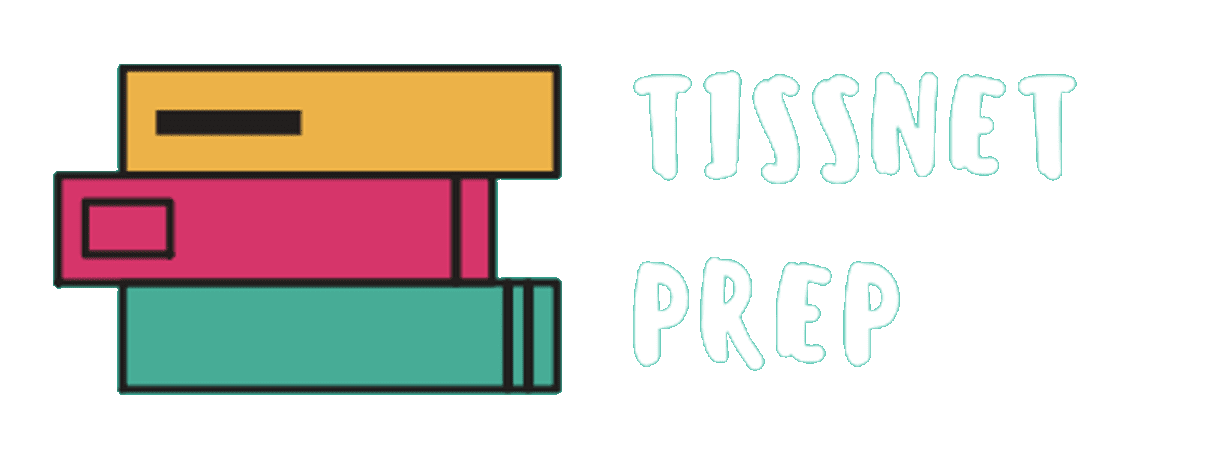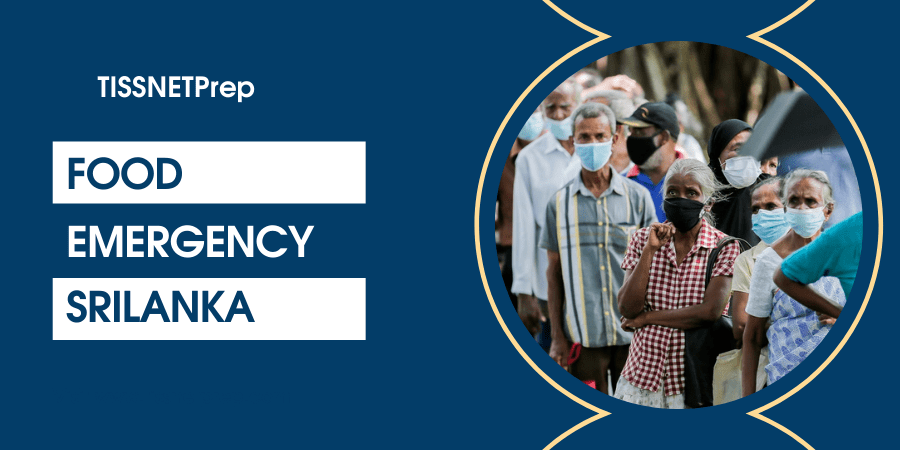On August 30, 2021, Sri Lankan President Gotabaya Rajapaksa, using powers vested in the country’s Public Security Ordinance, declared Emergency regulations pertaining to the distribution of essential food items.
Detailed Information –
- On August 30, 2021, Sri Lankan President Gotabaya Rajapaksa, using powers vested in the country’s Public Security Ordinance, declared Emergency regulations pertaining to the distribution of essential food items.
- The regulations sought to empower authorities to provide essential food items at a “concessionary rate” to the public by purchasing stocks of essential food items, including paddy, rice and sugar, at government-guaranteed prices, and prevent market irregularities and hoarding.
- According to Austin Fernando, a retired civil servant who served as Commissioner General of Essential Services in the 1980s, the post came into prominence after the 1983 ‘Black July’ riots to ensure that affected families — Tamils who were targeted and attacked — had food supplies and other essentials; to facilitate their movement and return to their homes.
- The possibility of food shortage has grabbed international headlines, with the government’s drastic measures against hoarding, triggering speculation over food security in Sri Lanka that is home to 21 million people.
- The pandemic’s lethal blow since early 2020, to all major sources of foreign exchange earnings — exports, worker remittances and tourism — has further compounded the economic stress.
- Sri Lanka’s economy contracted by 3.6 % last year. According to the Central Bank of Sri Lanka, the Sri Lankan rupee depreciated by 10.1% against the dollar this year. It hovered around 200 against a dollar last week.
- The fear of a possible food shortage also stems from the Rajapaksa administration’s decision in April to ban import of chemical fertilizers and adopting an “organic only” approach.
- Meanwhile, many, especially daily ¬wage earners, and low ¬income families, are complaining about being unable to afford, and in many cases access, essentials such as milk, sugar, and rice during the current lockdown, imposed on August 20 following a rapid surge in daily Covid-19 cases and fatalities, and extended twice since.
- Prices of essential commodities — including rice, dhal, bread, sugar, vegetables, fish — have risen several times during the pandemic, and more rapidly in recent weeks.

